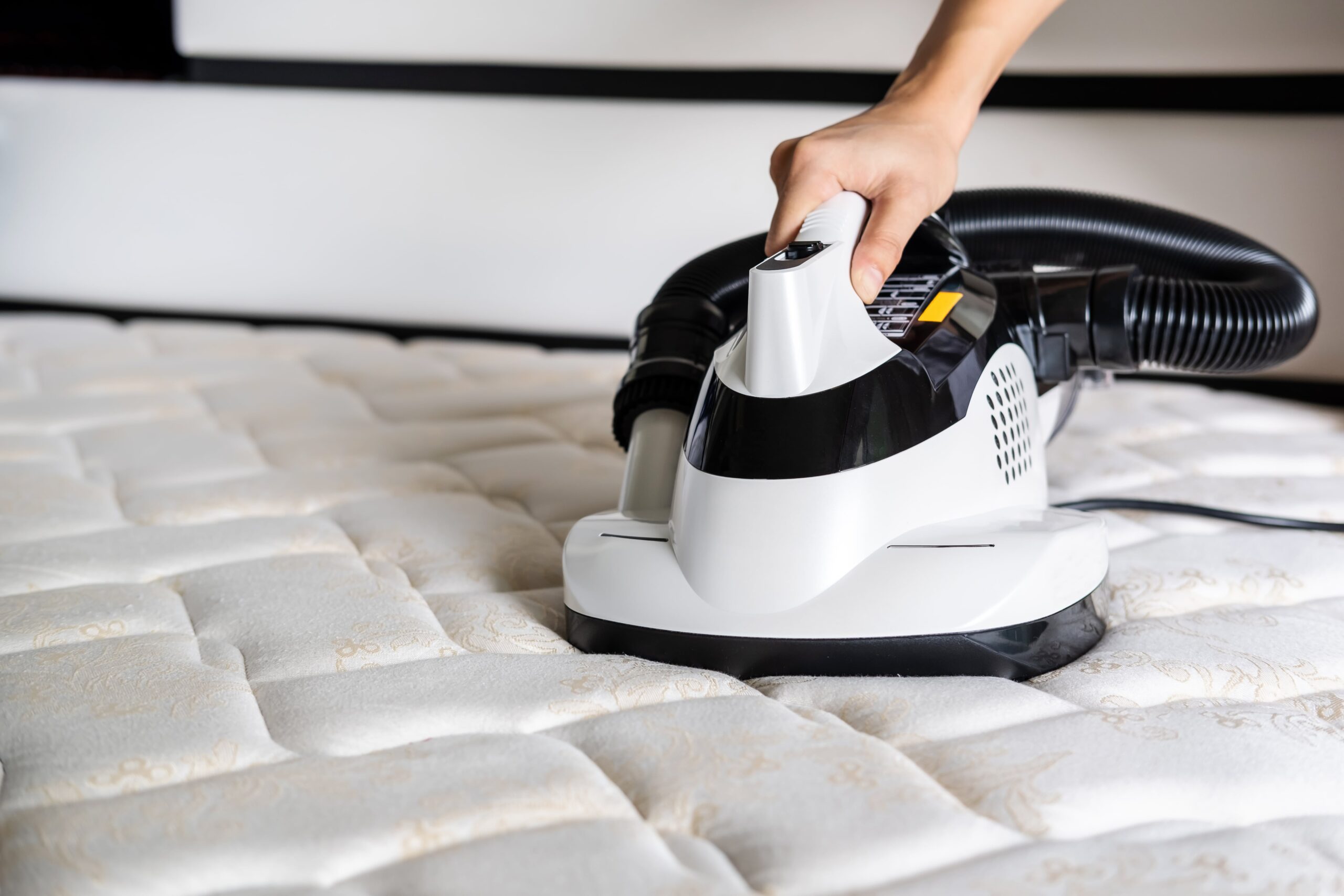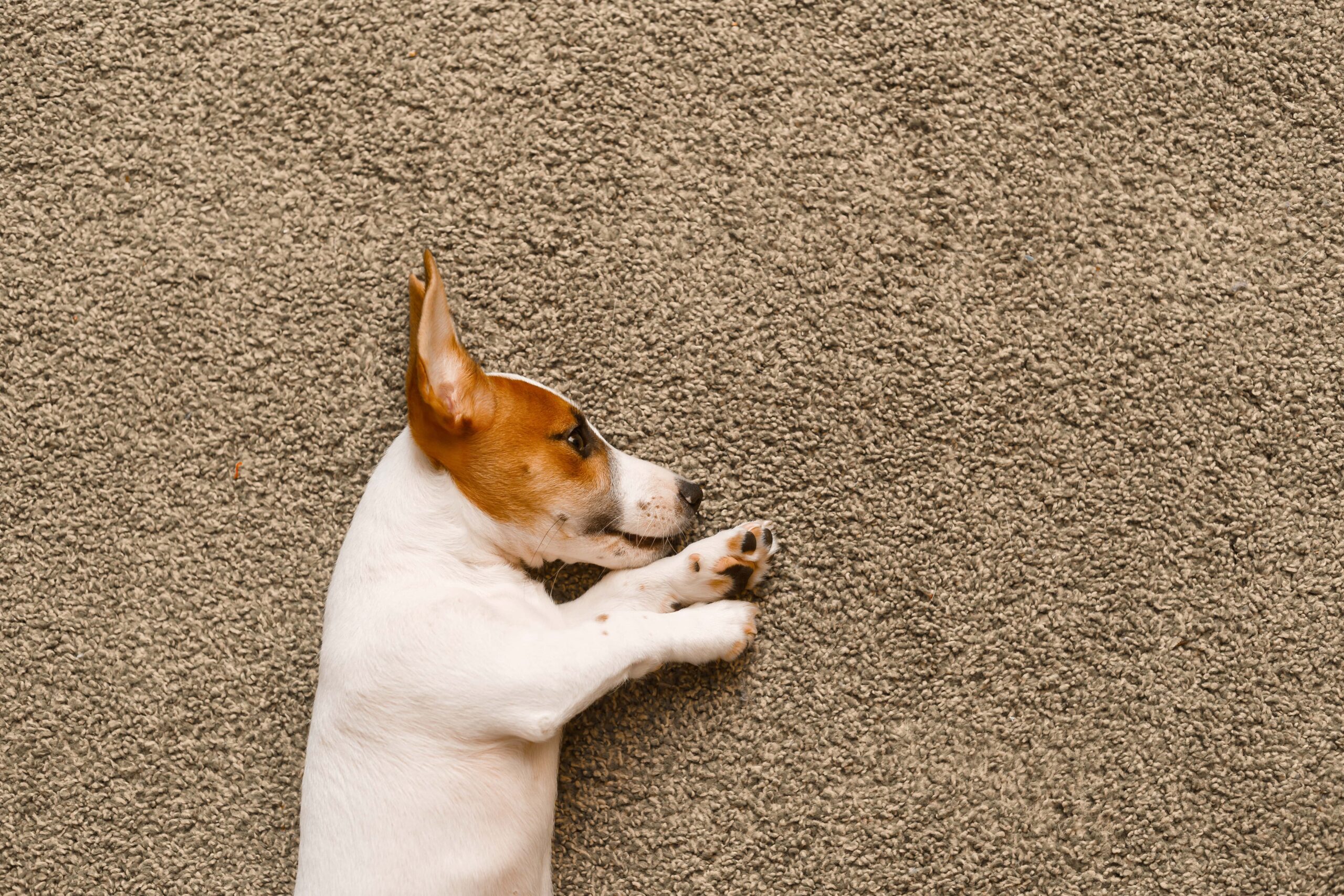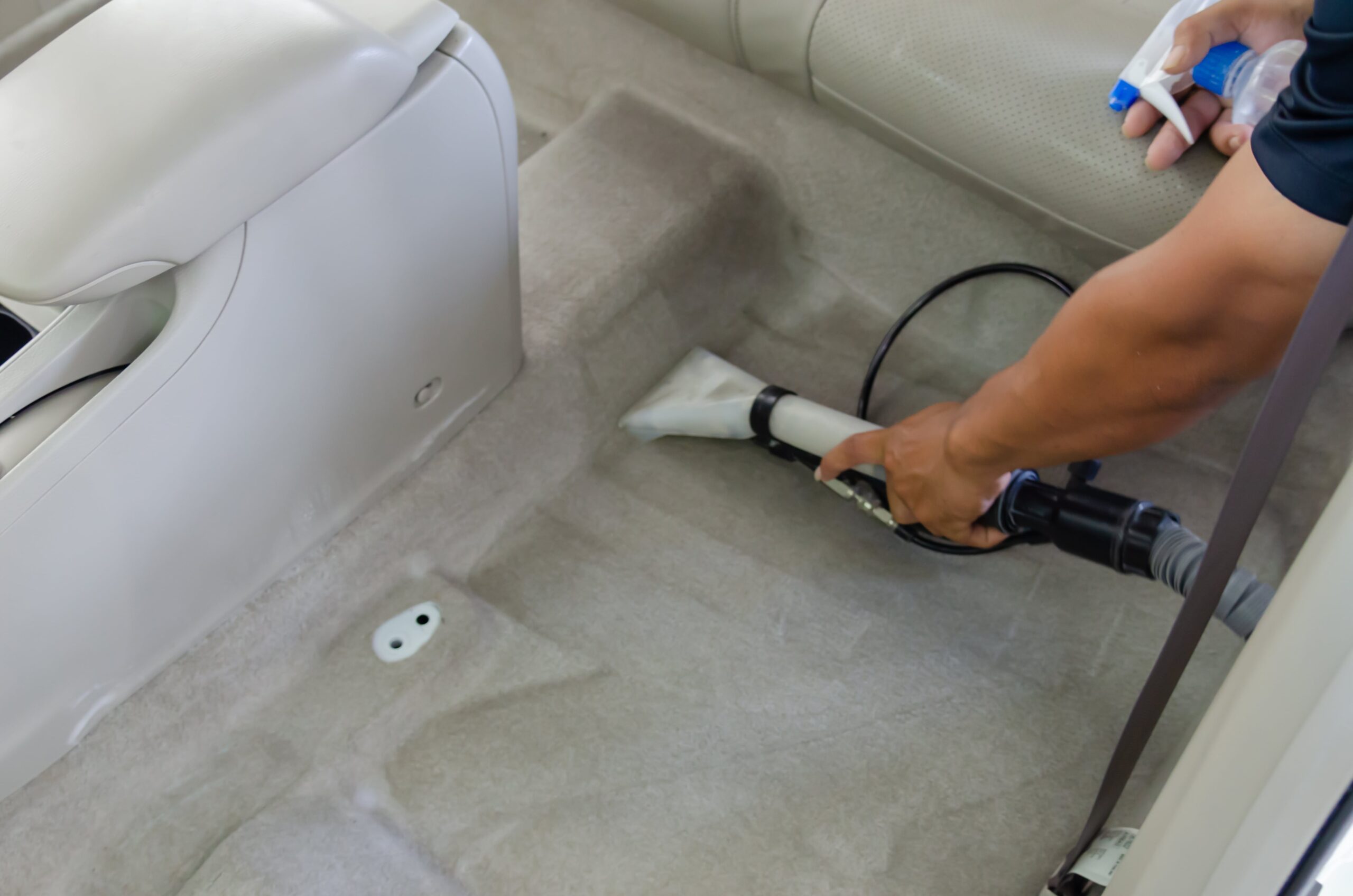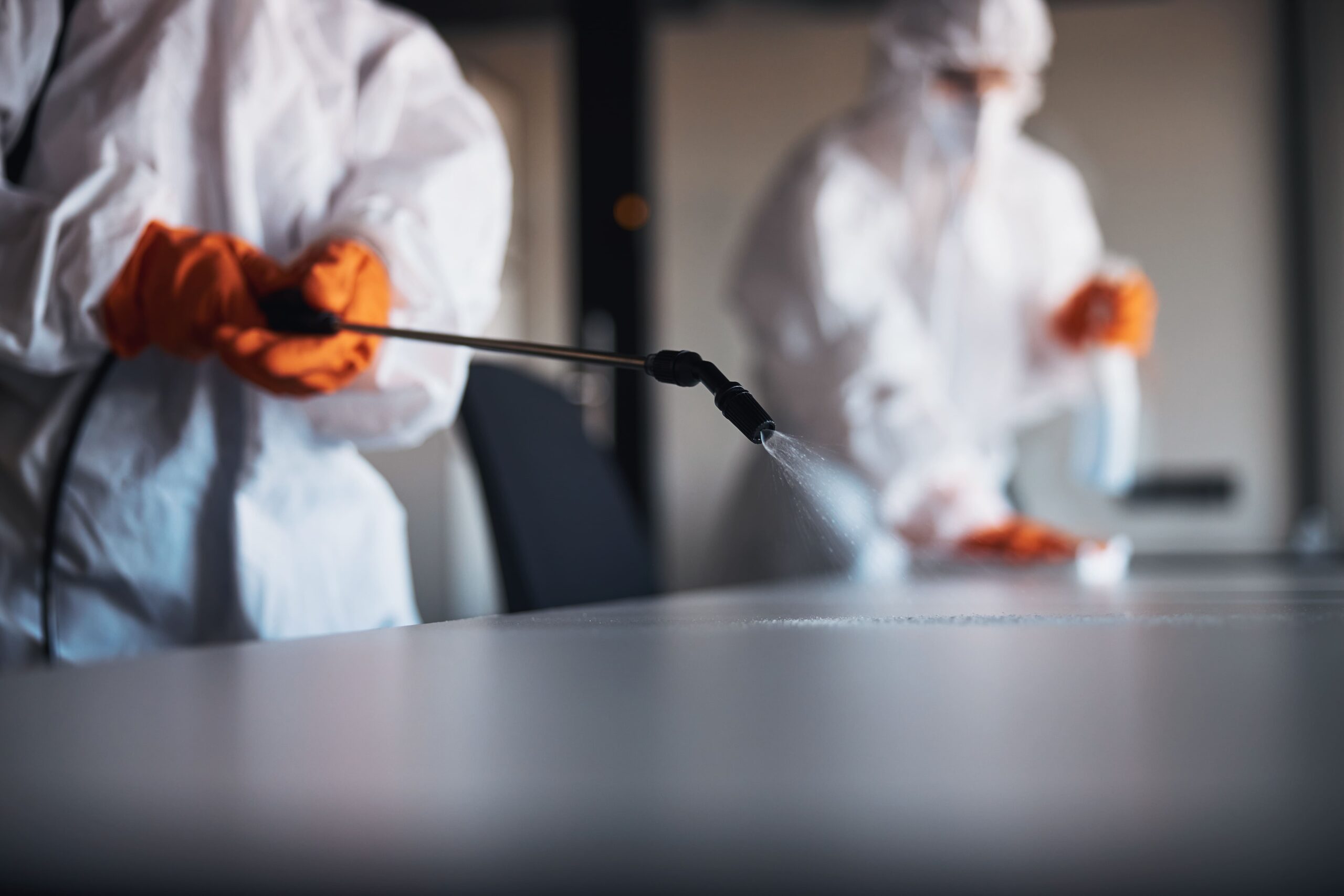Introduction
Your mattress is an essential part of your sleep sanctuary, but over time, it can accumulate dust mites, allergens, sweat, and stains. Cleaning your mattress regularly is crucial not only for hygiene but also for ensuring a good night’s sleep. If you’re looking for a safe and eco-friendly method to clean your mattress, you’re in the right place. In this article, we’ll explore the best organic way to clean your mattress to keep it fresh and inviting.
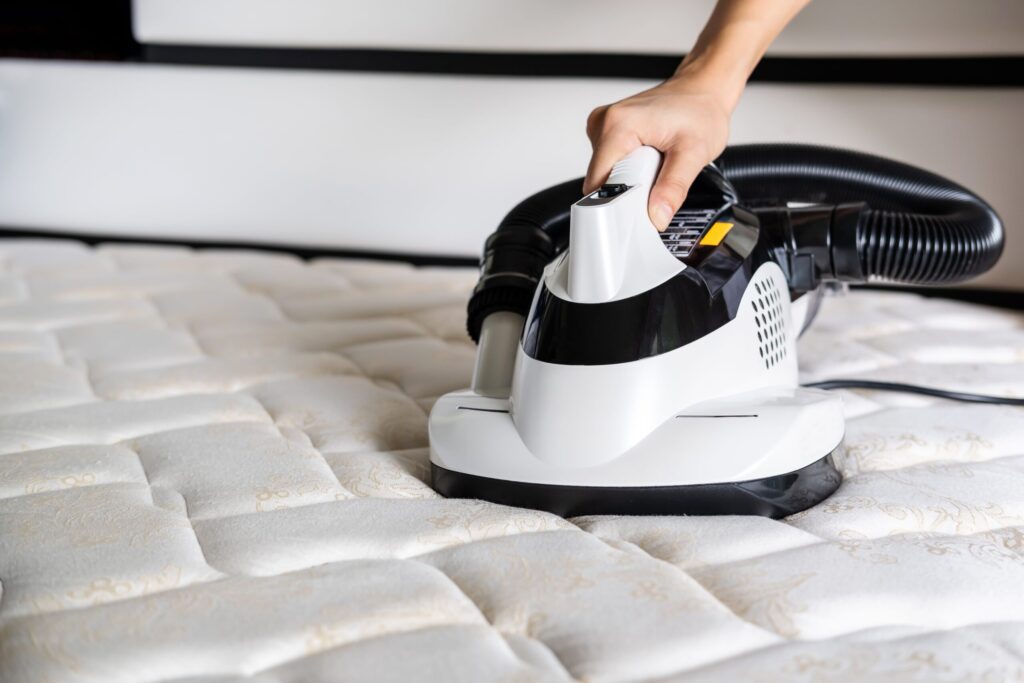
Materials You’ll Need
Before you start the organic mattress cleaning process, gather these natural and readily available materials:
- Baking soda
- Essential oils (e.g., lavender, tea tree, or eucalyptus)
- Vacuum cleaner with upholstery attachment
- A sifter or fine mesh strainer
- A soft-bristle brush
- White vinegar
- A spray bottle
- Clean, dry towels
- A washable mattress cover (optional)
Step-by-Step Cleaning Guide
Step 1: Prepare Your Mattress
Start by removing all bedding and pillows from your mattress. Strip the bed entirely, leaving only the bare mattress.
Step 2: Vacuum the Surface
Use your vacuum cleaner with an upholstery attachment to thoroughly vacuum the surface of the mattress. Pay special attention to seams, crevices, and any areas where dust or debris may have accumulated. This step helps remove loose dirt, dust mites, and allergens.
Step 3: Sprinkle with Baking Soda
Baking soda is a natural deodorizer and stain remover. In a sifter or fine mesh strainer, evenly distribute a generous amount of baking soda over the entire mattress surface. If desired, you can add a few drops of your favorite essential oil to the baking soda to impart a pleasant fragrance to your mattress.
Step 4: Let It Sit
Allow the baking soda to sit on the mattress for at least 15-20 minutes. This gives it time to absorb odors and moisture.
Step 5: Brush and Vacuum Again
After the baking soda has had time to work its magic, gently brush the surface of the mattress with a soft-bristle brush to help distribute the baking soda evenly and to dislodge any remaining particles. Then, use the vacuum cleaner once more to thoroughly remove the baking soda. Make sure to get into all the nooks and crannies.
Step 6: Spot Clean Stains (If Needed)
For stubborn stains on your mattress, mix a solution of equal parts white vinegar and water in a spray bottle. Lightly spray the stained area, being careful not to saturate the mattress. Blot the stain with a clean, dry towel to lift it. Repeat as necessary until the stain is gone. Allow the area to dry completely before proceeding.
Step 7: Protect with a Mattress Cover (Optional)
To maintain a clean and protected mattress, consider using a washable mattress cover. This extra layer can help prevent future stains and dust buildup.
To conclude
Cleaning your mattress the organic way not only ensures a healthier sleeping environment but also promotes sustainability. With just a few natural ingredients, you can keep your mattress clean, fresh, and free of harmful chemicals. Regular maintenance will not only extend the life of your mattress but also contribute to a better night’s sleep. So, go ahead and give your mattress the organic cleaning it deserves for a truly restful slumber.
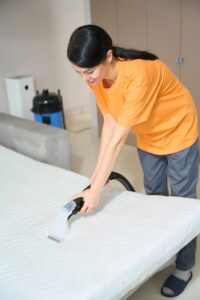
What can go wrong with DIY Organic Mattress Cleaning?
While DIY organic mattress cleaning is generally safe and effective, there are some potential pitfalls and challenges that you should be aware of to ensure a successful cleaning process. Here are some things that can go wrong when attempting DIY organic mattress cleaning:
- Over-Wetting: One common mistake is over-saturating the mattress with water or cleaning solutions. Excessive moisture can lead to mold and mildew growth within the mattress, which can be detrimental to your health and the longevity of the mattress. Always use minimal moisture and ensure the mattress is completely dry before replacing bedding.
- Stain Set-In: If stains on the mattress are not treated promptly and properly, they can become set-in and more challenging to remove. It’s essential to address stains as soon as possible to increase the chances of successful stain removal.
- Inadequate Drying: Proper drying is crucial after cleaning. If the mattress is not thoroughly dried, it can promote mold and mildew growth. Make sure to allow enough time for the mattress to air out completely before using it again.
- Essential Oil Allergies: While essential oils can add a pleasant scent to your mattress, some individuals may be sensitive or allergic to certain oils. Be cautious when using essential oils and ensure they are properly diluted to avoid skin irritation or allergic reactions.
- Residue Build-Up: Failing to remove cleaning product residues entirely can result in discomfort or skin irritation when you sleep on the mattress. Be diligent about rinsing and blotting to remove any residues left behind.
- Damaging Delicate Fabrics: Some mattress fabrics, particularly on high-end or specialty mattresses, may be delicate and susceptible to damage if not handled with care. Always test any cleaning solution on an inconspicuous area first and use gentle cleaning methods.
- Voiding Warranty: If your mattress is still under warranty, be aware that some cleaning methods, particularly those involving excessive moisture, may void the warranty. Check with the mattress manufacturer or read the warranty terms before attempting DIY cleaning.
- Incomplete Removal of Allergens: DIY cleaning may not be as effective as professional cleaning at removing deep-seated allergens and dust mites, which could pose a problem for individuals with allergies or respiratory issues.
- Ineffective Odor Removal: While baking soda and essential oils can help with odor removal, severe or deeply embedded odors may require professional cleaning to completely eliminate.
- Lack of Expertise: DIY cleaning methods may not be suitable for all types of mattresses or all kinds of stains. Professional cleaners have the expertise and equipment to handle a wide range of mattress cleaning challenges.

